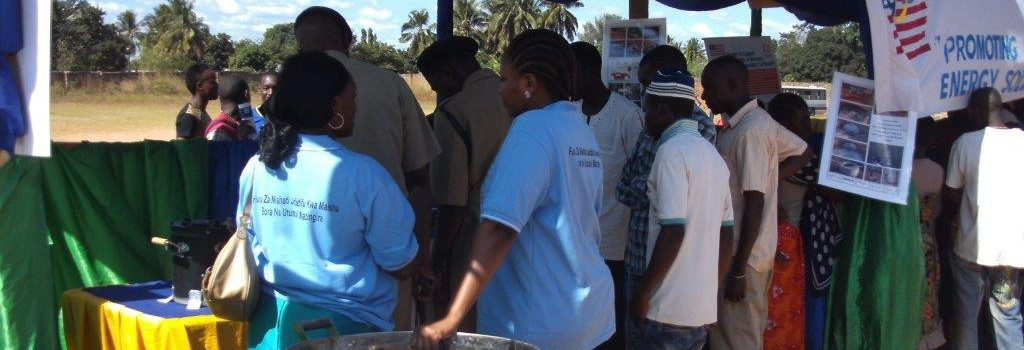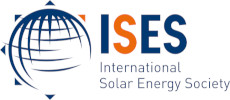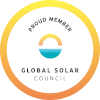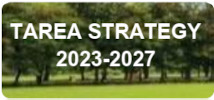TAREA MEMBERSHIP SERVICE CHARTER
It is the booklet that presents benefits that will be gained by an individual; NGO; social enterprise company or business company joining TAREA. The booklet is available in hardcopy and softcopy. To download a softcopy, click the heading above
MAFUNZO YA UMEME WA JUA
It is the booklet on Solar Photovoltaic Technology written in Swahili. It is distributed free of charge. Thanks to Thanks to TAREA Professional Member, Mr Godwin Msigwa who wrote and offered the book to be distributed free of charge; and the United Nations Development Program (UNDP) and European Union who paid for the printing costs.
If you need a copy, please, visit the TAREA Office to collect it or request the TAREA Secretariat to send it to you by courier, but you will have to pay yourself TZS 6,500 for postage costs. No soft copy is available. Send an email to info@tarea-tz.org
TAREA SUCCESS STORIES 2021 - 2023
TAREA has collected some of the successful activities and documented them in a small booklet. The booklet is available in softcopy and hardcopy free of charge. In case you would like to get a copy, please, contact the TAREA Secretariat by sending an email to the Secretariat at info@tarea-tz.org Soft copy is available by downloading directly online, just click the heading above.
Quantification of Imported Solar Batteries 2014 - 2016
Management of the wastes generated from using solar photovoltaic technologies is necessary to qualify the technologies as "sustainable".
TAREA conducted the study to quantify solar battery waste load to use the information for awareness-raising and convince the decision-makers to develop regulations on waste collection for recycling and develop the environment for the development of recycling schemes in Tanzania.
Please, read the complete report by clicking the heading above.
TAREA Environment Policy
In general, the Environment should be seen holistically in the nexus of Energy (Renewable Energy = RE / Energy Efficiency = EE) - Environment - Rural & Urban Development (economic). The respective policies in this context need to be harmonized in cooperation with all relevant stakeholders. Notably, Government policymakers are expected to keep this issue in mind, because otherwise, the frequent uncoordinated measures of the past would go on.
The motto of the objectives and activities under the Environment Policy can be summarized as follows: Maximize positive environmental impacts of RE applications, such as CO2 savings, as much as possible in combination with EE, while minimizing negative impacts, such as harmful waste, especially of solar equipment at the end of its useful lifetime, or potential negative impacts of hydro and wind power projects on environmental assets.
The policy can be downloaded here.







